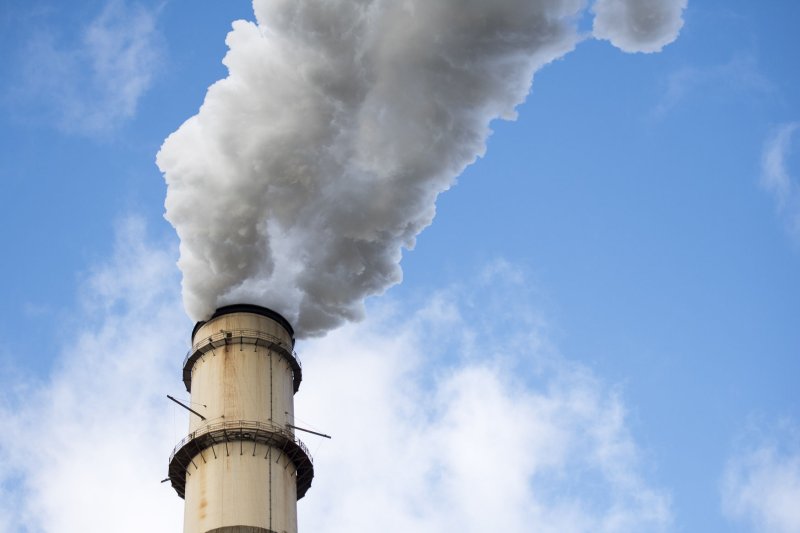The latest WMO data suggests 2017 will be the hottest year without an El Nino event on record. Photo by Kevin Dietsch/UPI |
License Photo
Nov. 6 (UPI) -- The latest temperature data from the World Meteorological Organization suggests 2017 is "very likely" to be one of the top three hottest years on record.
This year won't prove hotter than 2016, as last year's temperatures were buoyed by an El Nino climate pattern in the Pacific. However, 2017 does continue the longterm trend of rising global temperatures.
"The past three years have all been in the top three years in terms of temperature records," Petteri Taalas, secretary general of the WMO, said in a news release. "This is part of a long term warming trend."
Like the climate change report released by the U.S. government last week, the latest WMO update linked rising global temperatures with an increase in extreme weather.
"We have witnessed extraordinary weather, including temperatures topping 50 degrees Celsius in Asia, record-breaking hurricanes in rapid succession in the Caribbean and Atlantic reaching as far as Ireland, devastating monsoon flooding affecting many millions of people and a relentless drought in East Africa," Taalas said.
While global temperatures have been rising for several decades, warming slowed in the early aughts. But temperature readings from the last few years suggest warming is accelerating once more.
The latest WMO data was presented to delegates on Monday at the United Nation's global climate conference, being held this week in Bonn, Germany.
The report claims manmade carbon emissions are largely to blame for global warming. Last year, CO2 levels reached 403.3 parts per million.
Between January and September, the average global temperature was 1.1 degrees Celsius warmer than the average global temperature prior to the Industrial Revolution. The five-year span from 2013 to 2107 is likely to be the hottest on record.
In addition to extreme weather events, WMO researchers say rising global temperatures are also linked with other phenomena like the loss of Arctic sea ice and coral bleaching events.















